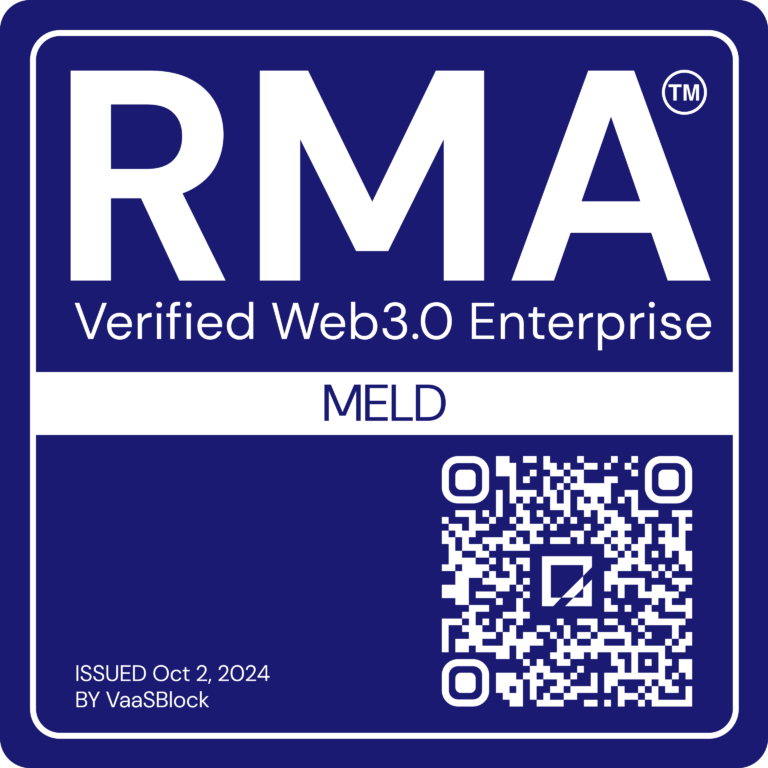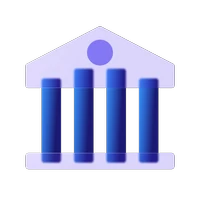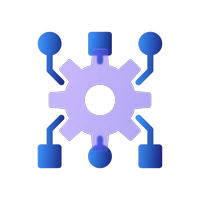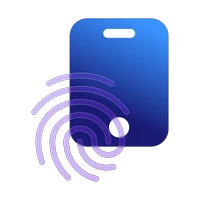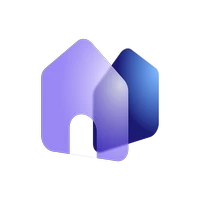Banking, Fintech and Decentralized Finance (DeFi)
Banking, Fintech and Decentralized Finance (DeFi) Organizations focus on revolutionizing traditional financial services and creating innovative decentralized alternatives. This includes blockchain-based Lending platforms, Decentralized Exchanges (DEX), Centralized Exchanges (CEX), Stablecoin providers, Liquidity Pools, and other Financial Infrastructures. From modernizing payment systems to enabling secure, transparent, and borderless financial transactions, these projects are redefining the way individuals and businesses interact with money in the digital age.

MELD
MELD is the world’s first global on-chain neobank powered by blockchain. Bringing fiat currencies like (25+ including USD and EUR) and crypto currencies (1000+ BTC and ETH) together in one seamless … Read More
Risk Mgt.
Technology
Marketing
Background
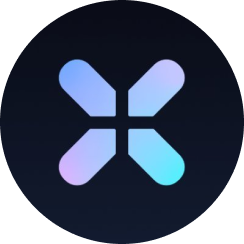
Increment
Increment is an advanced decentralized finance (DeFi) platform operating on the zkSync Era blockchain. It specializes in on-chain perpetual swaps, providing traders with a highly efficient and transpa…

CreateMyToken
CreateMyToken.com is a user-friendly platform designed to make cryptocurrency token creation accessible to everyone, regardless of technical expertise. By removing the complexities of coding, the plat…
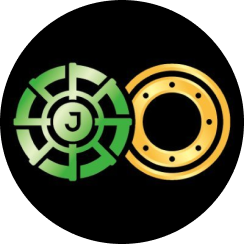
Jasper Vault
Jasper Vault is a decentralized options protocol redefining the landscape of DeFi trading by providing users with intuitive, secure, and innovative financial tools. Built to simplify access to decentr…

oSnap
UMA (Universal Market Access) is a decentralized finance (DeFi) protocol built on Ethereum, enabling the creation, trading, and management of synthetic assets. By empowering users to replicate traditi…

KaiaFun
KaiaFun is a decentralized platform built on the Kaia blockchain, designed to facilitate the creation and trading of memecoins through fair launches. By ensuring no presales or team allocations, KaiaF…
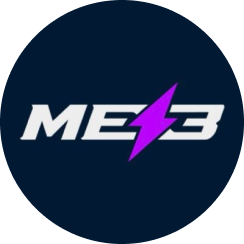
ME3
ME3, launched in 2021 and headquartered in Singapore, is a user-friendly cryptocurrency wallet designed to streamline digital asset management for both beginners and experienced investors. Combining r…
Frequently Asked Questions (FAQ)
What is DeFi?
Decentralized Finance (DeFi) is a blockchain-based financial system that eliminates the need for traditional intermediaries like banks or financial institutions. Instead, it uses smart contracts, which are self-executing agreements written in code. DeFi platforms allow users to lend, borrow, trade, and invest in cryptocurrencies without needing approval or mediation from centralized entities. This system operates 24/7 and enables borderless transactions, promoting financial inclusivity. However, while DeFi offers transparency and control, it also presents risks like smart contract vulnerabilities, market volatility, and regulatory uncertainty.
What is Web3 fintech?
Web3 fintech integrates blockchain and decentralized Web3 principles into financial technology to create secure, transparent, and user-controlled services. Unlike traditional fintech, Web3 fintech enables users to own their data, engage directly with financial services, and interact without intermediaries. Examples include decentralized payment platforms, blockchain-based lending, and tokenized loyalty programs. Web3 fintech empowers individuals with privacy, reduces fees through smart contracts, and increases accessibility for underserved populations. Its growth is reshaping traditional financial models by prioritizing decentralization, trust, and transparency.
What is the difference between DeFi and TradFi?
DeFi (Decentralized Finance) and TradFi (Traditional Finance) are two distinct approaches to managing financial systems. DeFi leverages blockchain technology and smart contracts to enable direct transactions between users without centralized intermediaries, offering faster and cheaper financial services. TradFi, on the other hand, depends on banks, regulators, and established institutions to ensure stability and compliance. While DeFi provides inclusivity, transparency, and 24/7 access, it is also riskier due to security vulnerabilities and the lack of regulatory oversight. TradFi, though slower and costlier, offers reliability, consumer protection, and trust from decades of regulated systems.
Can you use crypto as a bank account?
Yes, crypto can function as a digital alternative to traditional bank accounts. With platforms like Juno, Coinbase, and others, users can hold cryptocurrencies, send and receive payments, and even earn rewards or interest on their holdings. These platforms often offer debit cards for spending crypto and fiat, making them versatile for daily transactions. Unlike traditional banks, crypto wallets provide users with full control of their funds without intermediaries, but they also lack protections like FDIC insurance. This makes them ideal for those seeking financial autonomy but requires users to manage their security and private keys responsibly.
How is blockchain used in banking?
Blockchain technology is revolutionizing banking by introducing transparency, efficiency, and enhanced security. It allows for faster cross-border payments, reducing transaction times from days to minutes. Smart contracts streamline processes like loan disbursement, reducing paperwork and human error. Banks use blockchain to enhance fraud prevention by maintaining an immutable ledger, making tampering virtually impossible. Additionally, regulatory compliance is simplified as blockchain records provide a clear, auditable trail. Institutions like JPMorgan and Santander are already leveraging blockchain for remittances and trade finance, showcasing its transformative potential.

